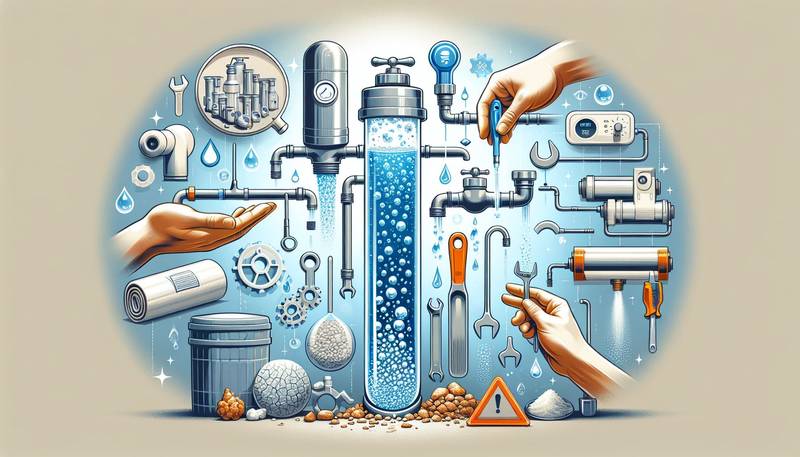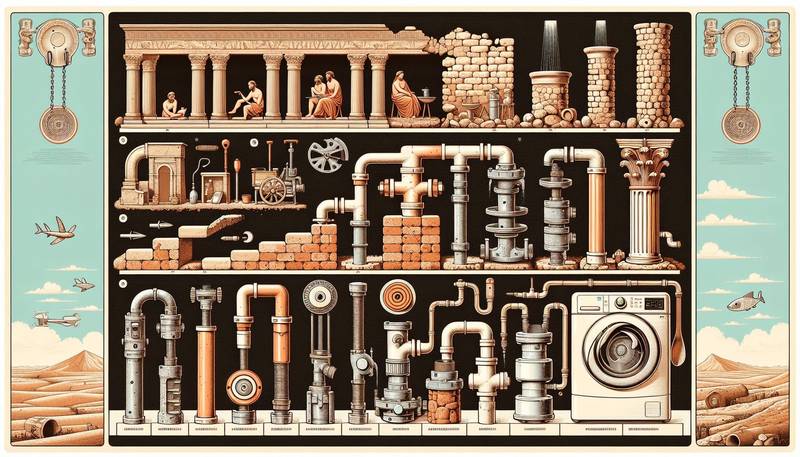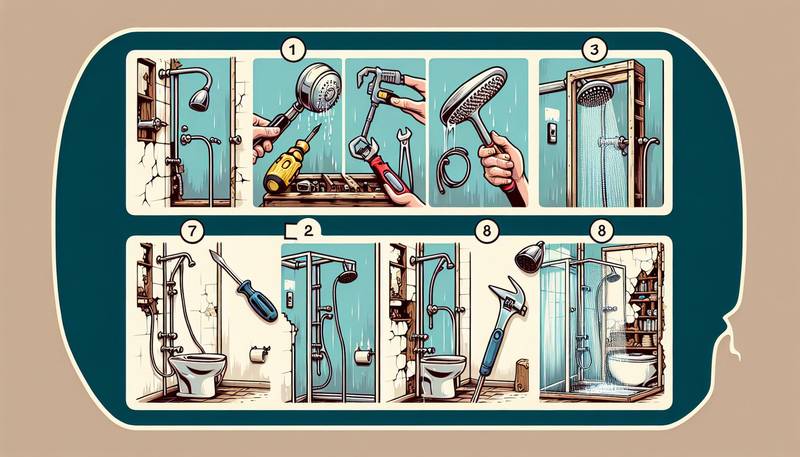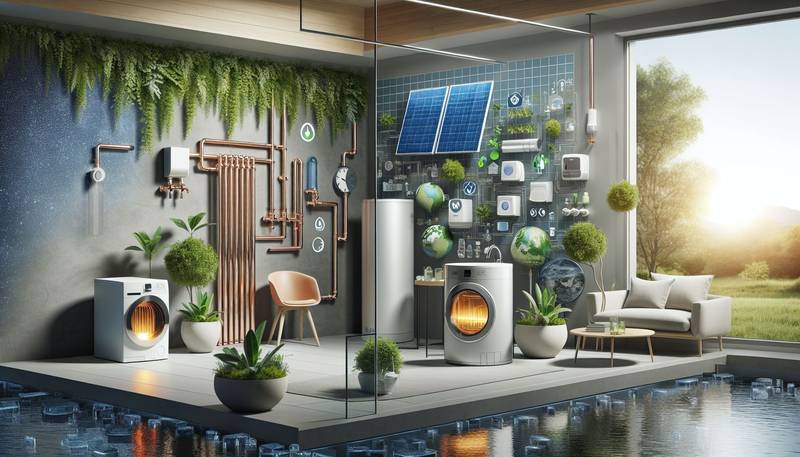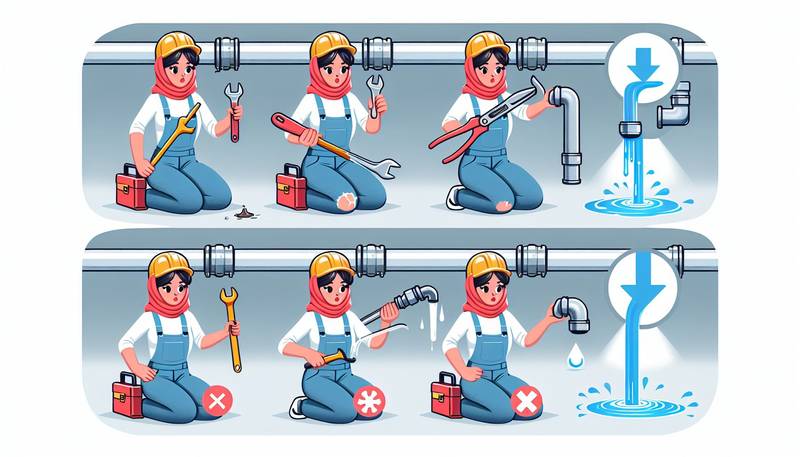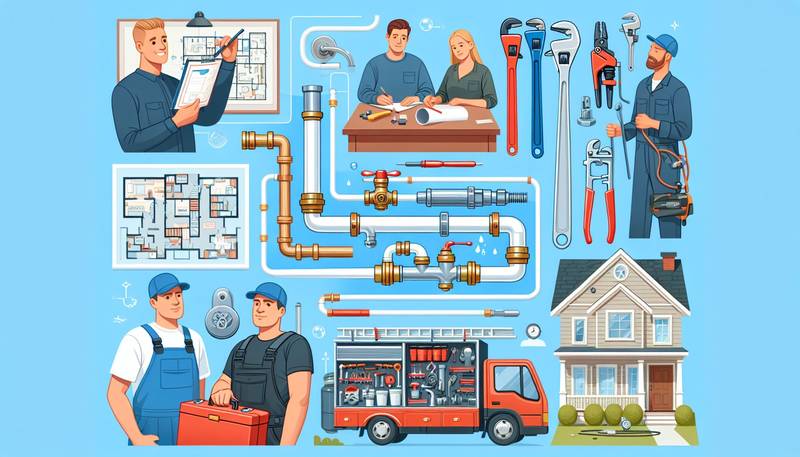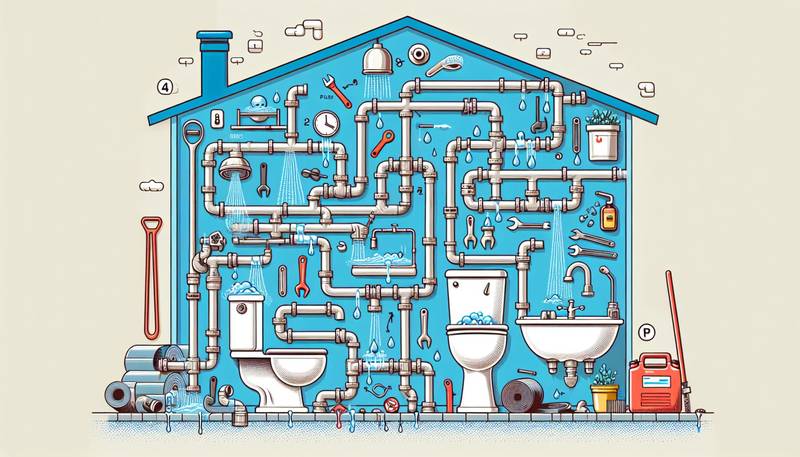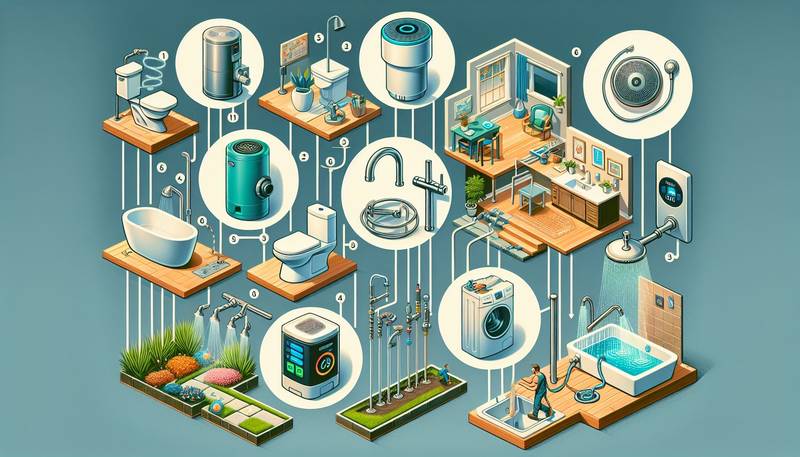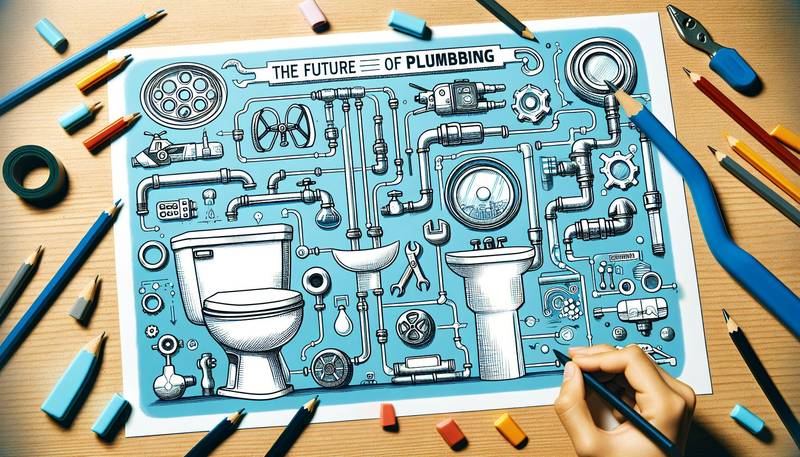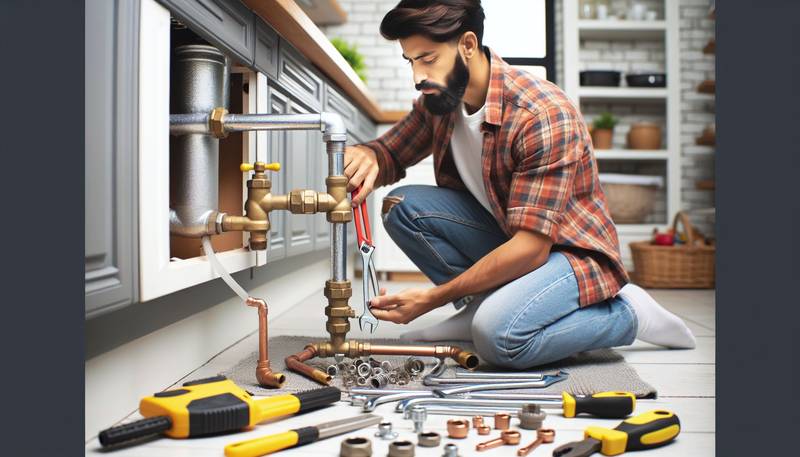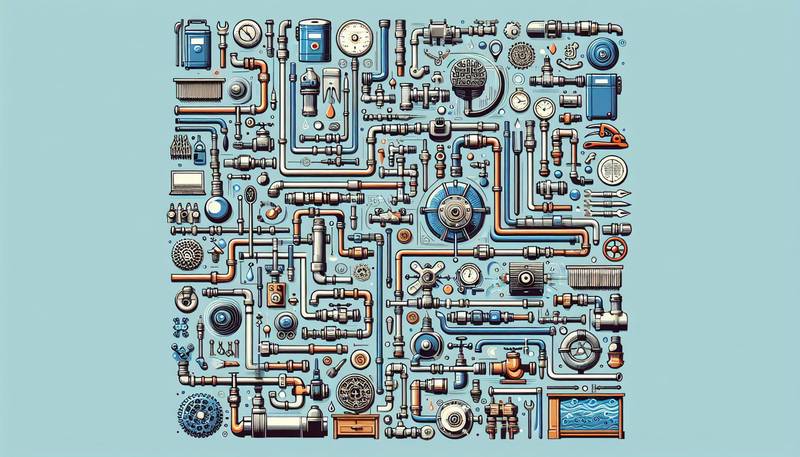Dealing with Hard Water: Plumbing Solutions and Tips
While hard water is not harmful to your health, it can wreak havoc on your plumbing system. The minerals in hard water can build up in your pipes, faucets, and appliances, causing clogs and reducing their lifespan. In this article, we will discuss plumbing solutions and tips to help you deal with hard water in your home.
Signs of Hard Water
Before we delve into solutions, it's important to be able to recognize the signs of hard water in your home. Some common indicators include white or yellowish stains on your faucets, sinks, and showerheads. You may also notice that your soap doesn't lather well and leaves a residue on your skin. If you're experiencing these issues, it's likely that you have hard water.
Installing a Water Softener
One of the most effective solutions for dealing with hard water is to install a water softener. A water softener is a device that removes minerals such as calcium and magnesium from your water, preventing them from causing buildup in your plumbing system. Water softeners come in various types, including salt-based and salt-free options. It's essential to choose the right water softener for your home based on your water hardness level and household size.
Using Vinegar for Cleaning
In addition to installing a water softener, regular cleaning using vinegar can help mitigate the effects of hard water. Vinegar is an acidic solution that can dissolve mineral deposits and buildup in your plumbing fixtures. Simply mix equal parts of vinegar and water in a spray bottle and use it to clean your faucets, showerheads, and sinks. You can also soak a cloth in vinegar and wrap it around the affected areas to break down stubborn mineral deposits.
Installing a Filtration System
Another option for dealing with hard water is to install a filtration system. Filtration systems can remove minerals and other impurities from your water, improving its quality and reducing the impact of hard water on your plumbing system. There are various types of filtration systems available, including whole-house filters and point-of-use filters. Consult with a professional plumber to determine the best filtration system for your specific needs.
Using Water-Conserving Fixtures
To minimize the effects of hard water on your plumbing system, consider using water-conserving fixtures. Low-flow faucets, showerheads, and toilets can help reduce water usage and decrease mineral buildup in your pipes. These fixtures are designed to maintain water pressure while using less water, which can also lead to cost savings on your utility bills. Additionally, using these fixtures can prolong the lifespan of your plumbing system by reducing wear and tear.
Regular Maintenance
Lastly, regular maintenance is key to keeping your plumbing system in top condition when dealing with hard water. Schedule periodic inspections with a professional plumber to check for any signs of mineral buildup or clogs in your pipes. They can also perform routine maintenance tasks, such as flushing your water heater and cleaning your drains, to prevent issues caused by hard water. By staying proactive with maintenance, you can prolong the lifespan of your plumbing system and avoid costly repairs in the future.
Conclusion
Dealing with hard water can be a challenge, but with the right plumbing solutions and tips, you can keep your plumbing system running smoothly. By installing a water softener, using vinegar for cleaning, installing a filtration system, using water-conserving fixtures, and maintaining your plumbing system regularly, you can mitigate the effects of hard water and ensure the long-term health of your plumbing. If you're experiencing issues with hard water in your home, don't hesitate to reach out to a professional plumber for assistance.
